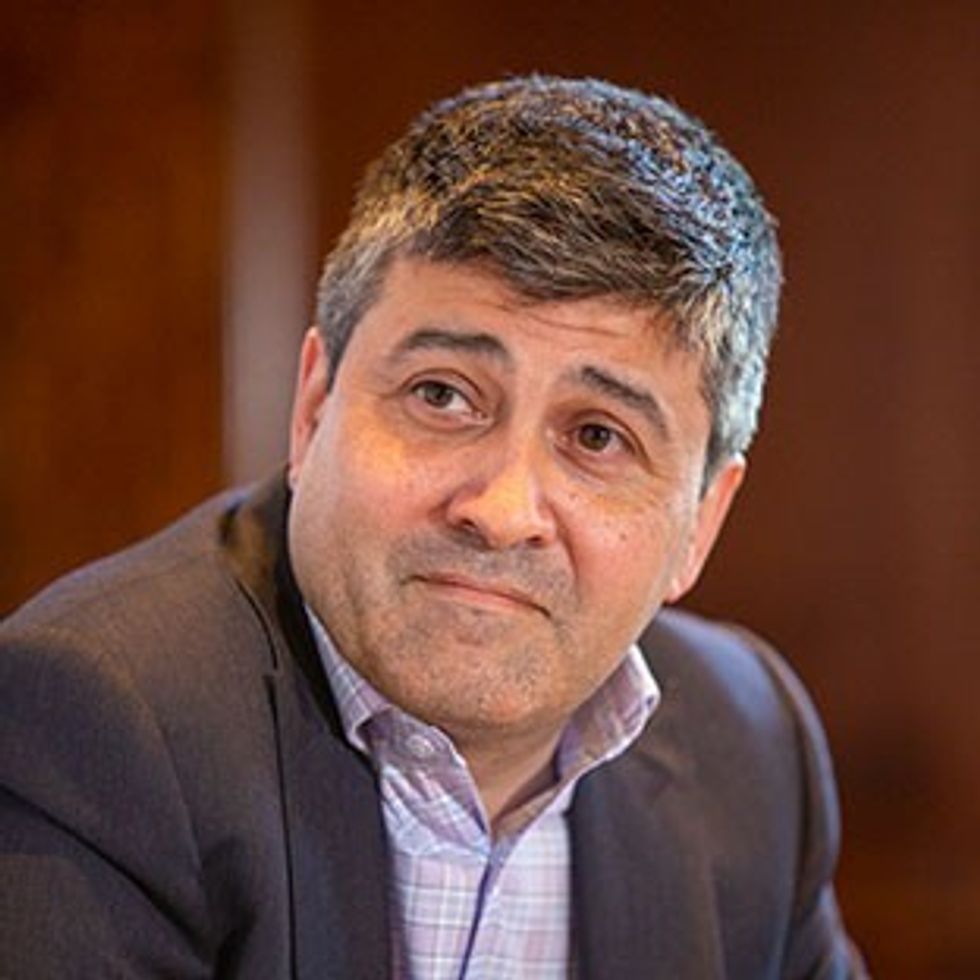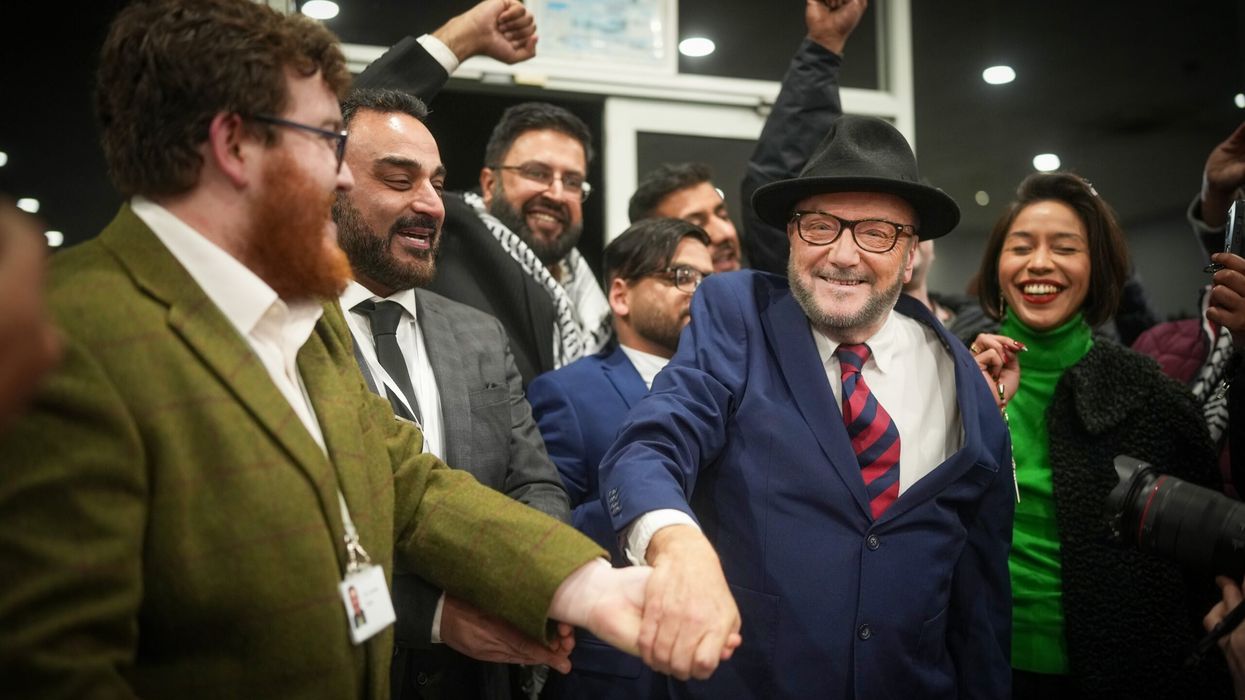The Rochdale by-election result will now make headlines around the world, despite having had a rather patchier grip on the town where it took place.
George Galloway declared that his victory will produce a “tornado to tear through British, Israeli and global politics”. He is unlikely, however, to deliver on the campaign prediction that his victory could well force resignation of Keir Starmer as Labour leader, who Galloway presents as a key ally or even agent of the Israeli government.
Galloway is an accidental MP in Rochdale, the primary beneficiary of the mistakes and prejudices that led Labour to suspend its by-election candidate, Azhar Ali. The circumstantial evidence suggests that the veteran Lancashire Councillor voiced an antisemitic conspiracy theory that he probably does not believe – but which he hoped could help him to connect with disaffected councillors and protesters threatening to leave the party.
Yet that cynical deployment of conspiratorial prejudice could be viewed as even more damaging. The result is the biggest drop in the nominal Labour vote share – from 55 per cent to seven per cent – in modern electoral history.
About one in six of Galloway’s 80,000 new Rochdale constituents voted to send him to Westminster, since he took 38 per cent of the vote on a 38 per cent turnout. Yet it is still quite an electoral achievement for Galloway to win 12,000 by-election votes for a minor party. Galloway essentially ran two separate campaigns. Three out of ten voters in Rochdale are Muslim.
Galloway’s ‘Gaza First’ pitch to them helped to secure him a clear majority, perhaps around three-quarters of the 10,000 or so Muslim votes cast in the by-election. His parallel ‘Rochdale First’ pitch on local issues may have helped his form of populist politics to attract around a fifth of the non-Muslim vote too. More in Common’s Rochdale focus groups had found that white and Asian residents shared an appetite to see Rochdale’s local issues prioritised in the by-election, reflected in independent David Tully defeating the national party candidates for second place.
Galloway could now claim to be Britain’s most electorally successful modern populist, having been elected to the Commons three times since being thrown out of Tony Blair’s Labour Party in 2003. By comparison, his friend and pro-Brexit ally Nigel Farage has a record of seven straight defeats when he has tried to become an MP.
But few places have been ready to vote for Galloway twice. He was perceived as an unpopular, absentee MP after his insurgent victories in Bethnal Green in 2005 and again in Bradford West in 2012, where he mislaid 10,000 of his 18,000 votes in just three years.
Reform’s leaflets declared this by-election a “two horse race”, yet the party finished sixth. Running the town’s former Labour MP, Simon Danczuk, did not boost Reform’s local credibility. Voters know that he was suspended by Labour over inappropriate sexual texts to a teenager – so he had won fewer than two per cent of the vote as the incumbent MP in 2017.
Reform now hope to attracted the suspended Lee Anderson to their banner – but one lesson of Rochdale is that controversial converts can be a mixed electoral blessing.
Galloway’s victory, in unusual circumstances, may well feed a monolithic misrepresentation of British Muslim attitudes in media and political discourse. “Every British Muslim is angry with Keir Starmer,” Galloway declared. Not all Muslims think the same. There is political pressure on the Labour party leadership, yet Survation’s recent poll for the Labour Muslim Network finds 30 per cent approval and 39 per cent disapproval for the Labour leader among British Muslims, broadly in line with Starmer’s overall public reputation.
Galloway will relish having the platform of being an MP again for the rest of the year – but the Rochdale by-election is much more likely to prove a footnote, rather than a dramatic turning point, when the political histories of the next general election are being written. A great deal of nonsense will be written and spoken about it in the meantime.

Some of that will come from those who want to see a Galloway insurgency take-off nationally. It will be a theme, too, of those political opponents who see advantages in amplifying and exaggerating the risks. Farage and Reform’s Richard Tice – having flirted with making Galloway a candidate for the Brexit Party or Reform in the past – are warning that dozens of Islamists could win seats in the general election.
“Disturbing Plot to Elect 55 Honourable Members for Palestine” was a recent Daily Mail headline. Yet, where Labour actually defends its own seats, the chances of losing even one or two constituencies to independent pro-Palestine candidates in a general election are very slim indeed.
Mr Galloway goes to Westminster will now see a dramatic third act. The dream – or nightmare – of an army of Gallowayites marching to join him remains largely a work of political fiction.
(The author is the Director of British Future)




